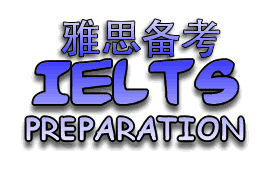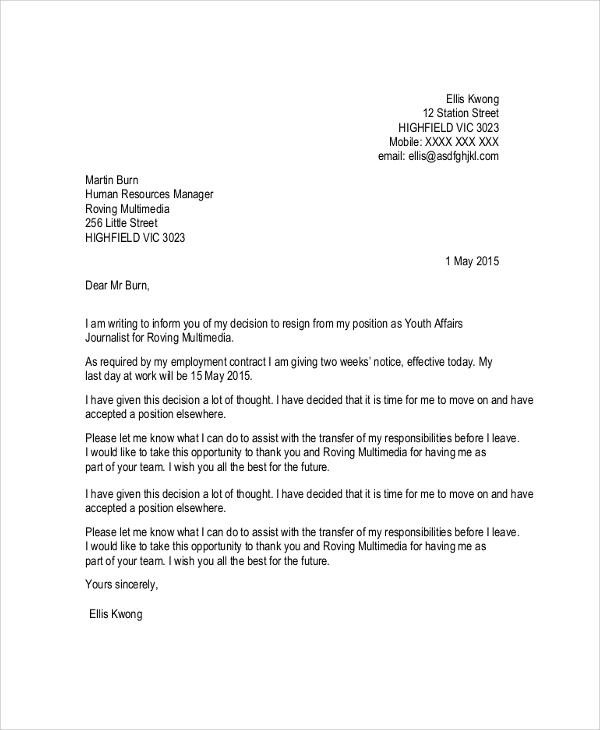A Helpful IELTS Resource: Recommended IELTS Teacher
Mushroom Recommended Teacher Back in 2021, I was lucky enough to work with this excellent teacher in Xiada University. She has been teaching IELTS for 12 years and now runs her own WeChat channel sharing tips about the IELTS exam, focusing on speaking and writing. If you are preparing for your IELTS test, please … Read more



